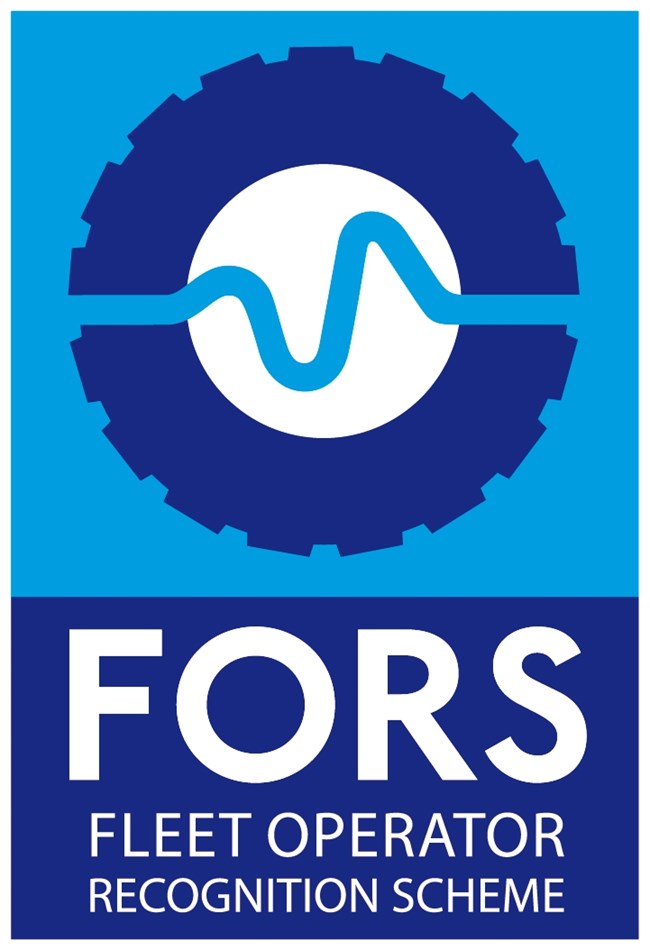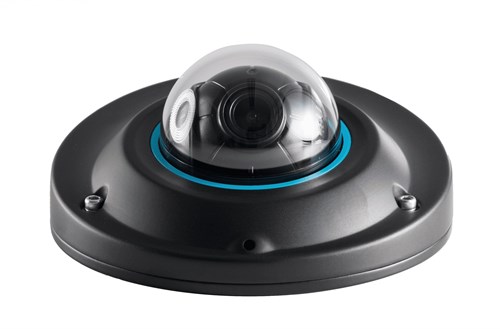- Speakers announced for Commercial Vehicle Show
- New Market Analysis: Large Vans
- Increasing proportion of leased vehicles now LCVs, BVRLA reports
- Enterprise announces commercial vehicle technician recruitment programme
- The Green Insurer enters van insurance market
- Isuzu D-Max long-term test – Latest Report
- Buying a used... Citroen Dispatch (2016)
- Vanaways announces Veriforce CHAS partnership
- ADVERTISEMENT FEATURE: The county line
- New LCV market sees bumper March
What Van? Awards 2020: Risk Management Award – FORS
Date: Wednesday, December 11, 2019

A now common and reassuring sight when driving on the UK’s roads is that of a FORS sticker on the rear of commercial vehicles that lets you know the LCV or truck in front of you belongs to a business that adheres to the UK’s most widespread best-practice scheme, regardless of whether it has attained the Bronze, Silver or Gold standard.
With safety at its heart, FORS is a voluntary, best-practice scheme dedicated to raising the standards of van operations at operators’ premises, but more especially on the road.
Through best practice, van fleets of any size can look forward to tangible benefits, including improved fuel efficiency, fewer penalty charge notices, a reduction in downtime, and improved driver retention.
Crucially, with increasing numbers of contractors and specifiers insisting their transport suppliers operate with FORS membership, van operators will place themselves in the shop window for the next job.
Fleet operators who join the scheme are required to adhere to a number of requirements as set out in the FORS Standard – providing a framework not only for meeting the basic legal requirements helping light commercial vehicle organisations operate on the right side of the law, but also helping them to become safer, smarter and greener.
The fifth iteration of the FORS Standard, which is updated every two years, was introduced at the start of this year and key changes for light commercial vehicle fleets include an added emphasis on air-quality improvements, and requirements to help operators mitigate against the threat of terrorism.
It is the latter of these initiatives that has secured FORS the Risk Management Award.
FORS members wishing to achieve FORS Bronze, the first level of accreditation, must now have a counter-terrorism policy in place and ensure drivers and key personnel take part in special counter-terrorism training. This requirement has been added to raise awareness, security and vigilance across FORS’s 5,000 CV organisations in order to safeguard members, their operations, and the communities.
To help operators meet the new requirement, FORS has produced a toolkit to assist them with developing their counter-terrorism policy and supporting procedures.
The toolkit highlights each element required to develop an effective policy and helps identify how to recognise threats, both direct and indirect, with information on how to spot vulnerable areas, such as people working within the organisation, physical assets and processes.
At a time when the threat level from international terrorism in the UK is, at the time of writing, set at ‘Severe’, FORS is keen to offer guidance to commercial fleet operators to help ensure they are doing all they can to minimise the risks of one of their vans or trucks being used by terrorists.
FORS has also launched a Security and Counter Terrorism eLearning module in conjunction with Transport for London, the Department for Transport, the Metropolitan Police, High Speed Two, and the Driver and Vehicle Standards Agency to raise awareness of security and terrorist threats, specifically in terms of theft of vehicles or loads and the use of vehicles as weapons. The online module is also available as a group-delivery training pack designed for operators with limited computer or internet access to ensure that all drivers, and managers, can benefit from this learning.
As stipulated in the FORS Standard, drivers must undertake training every 24 months on personal and vehicle security and the potential issue of terrorism.
Another stipulation is for organisations to review and update their policies at least every 12 months, and more often if needed – for example, in reaction to an increase in the UK’s threat level.
FORS helps to support better risk management, believing that outdated policies can put a fleet at risk. The organisation has also developed a training course in 2019 on road risk management specifically relevant to the car and van sector.
Highly Commended: Vision Track
Vision Track uses video telematics to both improve safety and reduce fraudulent insurance claims.
The firm launched its advanced driver-assistance systems (ADAS) solution in 2018 and showcased its enhanced cameras at the 2019 Commercial Vehicle Show.
The cameras identify lane departure, forward collisions, tailgating and vulnerable pedestrians or cyclists, while the in-vehicle monitor can recognise if a driver is tired or distracted by actions such as mobile phone use, smoking and eating.
As a result, a driver can immediately be alerted to any potential dangers via visual and/or audible warnings. At the same time, an office-based fleet manager can monitor areas of concern both in real time and historically, so they are able to take appropriate actions to improve road safety and driver welfare.

View The WhatVan Digital Edition


